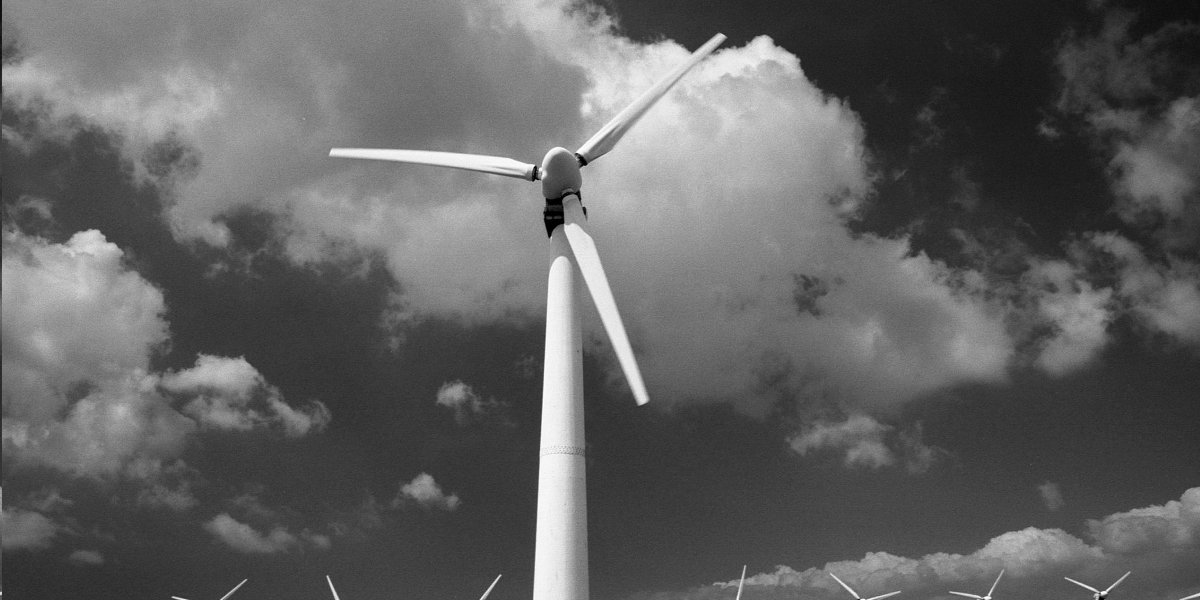Support for low carbon economy key issue for next election
There is widespread public support for the transition to a low carbon economy – and this public support could help decide the next election according to a new poll commissioned by the Fabian Society with the support of WWF-UK. The poll...
There is widespread public support for the transition to a low carbon economy – and this public support could help decide the next election according to a new poll commissioned by the Fabian Society with the support of WWF-UK.
The poll for the winter edition of the Fabian Review shows that a majority of Labour and Liberal Democrat voters, as well as a plurality of Conservative voters, support the greening of the economy. Not only is support high among those currently intending to vote for the major parties, support for the green economy with swing voters is consistently higher. These swing voters will decide the outcome of the next election.
62% of those considering or likely to vote Labour in 2015 say that ‘We can save the planet and the economy both at the same time by investing in green technologies’. Similarly, 59% of ‘Labour possibles’ agree that “Climate change is both our biggest threat and greatest opportunity – going green, for example by becoming a world leader in low carbon technology, would not only save the planet but would create jobs”.
Our research also signals a clear warning to the Conservative party. The voters the Conservatives need to win over to improve on their 2010 election showing is far more supportive of the transition to a low-carbon economy than George Osborne is. 53% of possible Conservative voters say that ‘We can save the planet and the economy both at the same time by investing in green technologies’ in contrast to 32% who say “Protecting the environment is fine in the good times, but we can’t afford it while the economy is struggling”.
On energy policy, a key area of division between the two coalition parties, a majority of possible voters for the three major parties, 63% of ‘Labour possibles’, 53% of ‘Conservative possibles’ and 59% of ‘Lib Dem possibles’ would look more favourably on the party that committed to the majority of the UK’s electricity coming from renewable sources by 2030.
Andrew Harrop, General Secretary of the Fabian Society said:
“The coalition began its administration with a pledge to be ‘the greenest government ever’ but in recent months this has dropped off the radar. Labour has, too date, been quiet about how it would tackle environmental issues in government.
“There is a presumption that voters no longer see the environment as a priority but our research demonstrates clearly that not only is there widespread public support for greening our economy, but that this support is particularly strong amongst the swing voters who will decide the next election.
“All the major political parties stand to gain from setting out clearly and ambitiously their policies for building the low carbon economy and promoting investment in green technologies and renewable sources of energy.”
Commenting WWF-UK Head of Climate Change Keith Allott said:
“Tackling climate change is not just the right thing to do for the environment and the planet, it can also bring jobs to the UK through investment in renewable and green technologies.
“The evidence shows that committing to the majority of the UK’s electricity coming from renewable sources by 2030 is popular with the vast majority of Conservative, Labour and Liberal Democrat voters. Politicians from all parties should stop delaying and commit to a 2030 decarbonisation target now to ensure the UK stays on track.
“The next election will be a fight for swing voters who want Britain to lead the world in creating a low carbon economy. Any party that wants to form the next government should remember this.”
For more information, please contact Richard Speight on 0207 227 4906 or 07794 307840.
